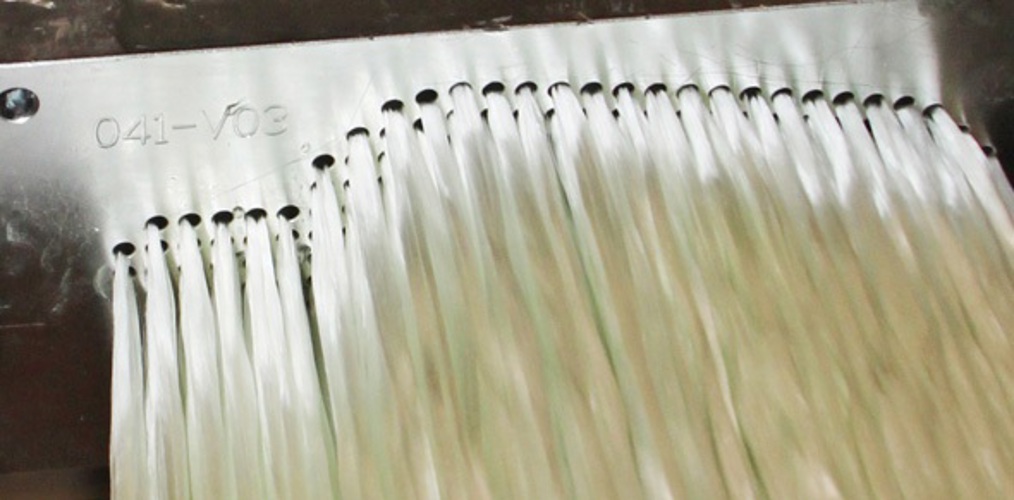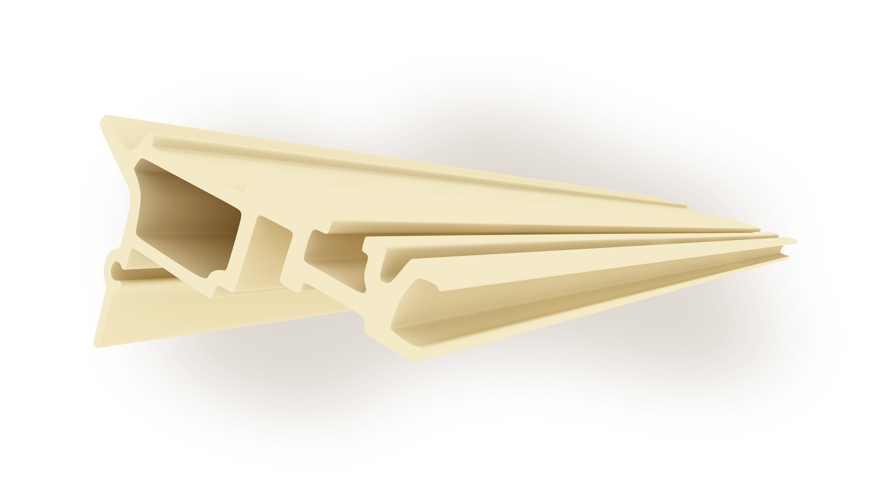PUR: A revolution in the transportation industry
In the transport industry, many producers are looking for alternatives to conventional materials, and the possibilities today are greater than ever before. One such material is PUR – a strong, durable and lightweight composite material ideal for components in commercial vehicles.

In the transport industry, many producers are looking for alternatives to conventional materials, and the possibilities today are greater than ever before. One such material is PUR – a strong, durable and lightweight composite material ideal for components in commercial vehicles.
As demands for sustainability impact the transport industry to an ever increasing degree, producers are turning to new, exciting materials which can enhance durability of every single component in trucks, buses and other types of commercial vehicles. One such material is PUR, which right now is rapidly replacing other, more traditional materials.
Strong, durable and light
PUR is a composite of glass fibre and a polyurethane polymer. The two materials are mixed and pultruded to form profiles with truly exciting properties and possibilities: Not only is PUR incredibly light, its strength exceeds that of most metals, and it has outstanding thermal properties such as a very high insulation capacity.
PUR profiles can be produced with much thinner walls than comparable profiles made from aluminium or other metals – but with higher tensile strength. Combined with the precision made possible in the pultrusion process, this gives much higher design freedom while saving precious weight. Finally, PUR has very good adhesion properties, making it easy to fit PUR components to a chassis or an exterior surface.
Zero corrosion
As a composite material, PUR cannot corrode and will not deteriorate over time nor lose its attractive appearance. Its strength makes it able to withstand high mechanical forces repeatedly without cracking or loss of load-bearing capacity. This makes PUR ideal for applications where most other materials will wear, crack or degrade, offering makers of transportation equipment the possibility of producing light-weight structural profiles, panels and scuff strips.
Endless possibilities for the transport industry
Managing Director of Primo in Sweden, Jim Nilsson, believes that PUR deserves to be called a real revolution in the transportation industry: “We expect to see rapid growth in the use of PUR profiles in commercial vehicles transportation in the coming years. Not only is this material a true revolution in terms of the possibilities it offers designers and engineers, it’s also highly competitive in both manufacturing and daily use.”
Material experts
Primo has all the expertise and the experience to develop profiles in PUR in collaboration with our customers. Jim Nilsson explains: “We have our own compounding facility, a strong team of material experts and the capability to develop prototypes in a very short time, but most importantly, we have the passion for plastic compounds coupled with many years of experience working with the transport industry. And we’re always ready for the next challenge.”

Countless possibilities for PUR profiles in commercial vehicles
- PUR properties
- Panel assembly profiles
- Panel finishing profiles
- Panel sections
- Sectional door panels
- Panel stiffener profiles
- Scuff strips
- Structural profiles
PUR properties
- Thin walls
- Low weights
- Absence of corrosion
- Thermal insulation
- Thermal break
- Thermal stability
- Good shape stability under impact
- Very good adhesion properties
- Good surface quality and paintability
About Primo
Headquartered in Copenhagen, Denmark, Primo A/S operates 12 sales and production sites across Europe, China and the USA. Founded in 1959 by the Grunnet family, Primo specializes in custom-designed plastic profile solutions. The company employs around 1000 people and reported a turnover of 180 million EUR as of December 31, 2024.